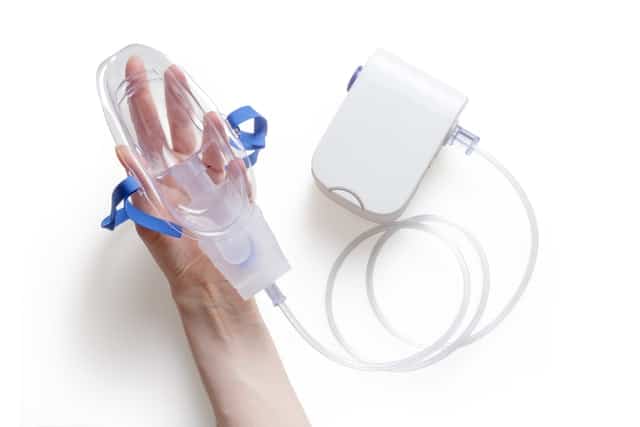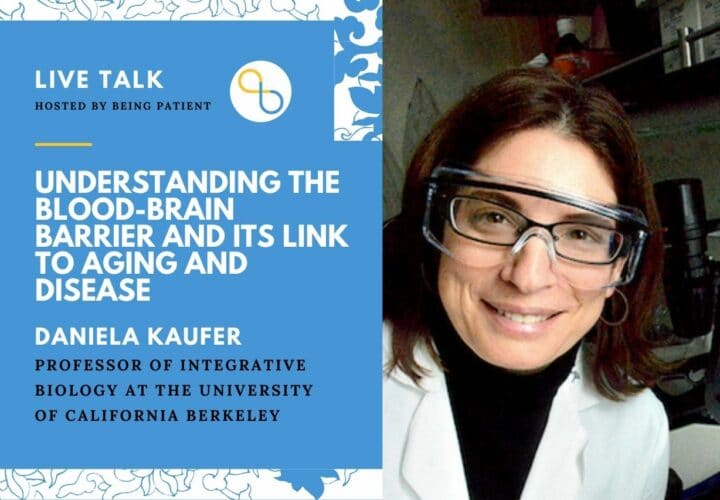A recent study of mice and humans indicates that breathing pure oxygen in highly pressurized chambers may improve cognitive impairment and reduce Alzheimer’s pathology.
Growing evidence shows that dysfunction of the vascular system, vessels that carry blood and fluid throughout the body, is closely linked with cognitive decline and Alzheimer’s. So, scientists are studying various interventions that target vascular dysfunction to treat and prevent Alzheimer’s. Oxygen therapy is one such experimental treatment, and scientists recently found that it may boost brain functions and combat Alzheimer’s pathology.
In the study of mice and humans, researchers reported that hyperbaric oxygen therapy (HBOT), which involves breathing pure oxygen in a highly pressurized chamber, could improve blood flow in the brain, clear away Alzheimer’s hallmarks known as amyloid plaques, and enhance cognitive abilities. Experts say these results remain preliminary, but the study’s researchers believe the findings offer hope that HBOT could be effective for slowing and even preventing Alzheimer’s progression.
“By treating vascular dysfunction, we’re mapping out the path toward Alzheimer’s prevention,” Dr. Shai Efrati, the study’s co-author and associate professor at Tel Aviv University, said in a news release. “More research is underway to further demonstrate how HBOT can improve cognitive function and become an influential tool in the imperative fight against the disease.”
He added, “The idea is to commence therapy before the onset of clinical symptoms of dementia and before deterioration and loss of extensive brain tissue.”
For the study, published in Aging, Efrati and colleagues first studied HBOT’s effects in Alzheimer’s mice models, treating them for 60 minutes daily, five days a week over four weeks.
The researchers found that the treatment improved blood flow and reduced hypoxia (deficient oxygen levels in tissues) in the mice’s brains, compared to a control group of mice that did not undergo treatment. While the brains of the treated mice had fewer and smaller pre-existing amyloid plaques, the team noted that oxygen therapy also prevented the formation of new plaques. The treatment’s effects on Alzheimer’s pathology were also accompanied by improvements in the treated mice’s cognitive abilities.
Then, the scientists sought to translate some of these findings to humans, recruiting six older adults with memory loss. After 60 sessions of HBOT over a three-month period, the researchers observed increases in blood flow in certain areas of the patients’ brains, compared to baseline assessments. Furthermore, participants’ memory, attention and speed in processing information improved following treatment.
Past research has shown that Alzheimer’s patients’ brains have reduced blood flow, which is associated with the extent of their cognitive decline. By improving oxygen supply in tissues, HBOT can enhance cerebral blood flow, thus, increasing blood and oxygen levels in cells. Improved blood flow could then help reduce amyloid plaques in the brain, scientists suggest. And, studies have previously shown that the treatment may improve cognitive functions in patients with conditions like vascular dementia, mild cognitive impairment and Alzheimer’s.
The Food and Drug Administration has already approved HBOT for various medical conditions, including radiation injury, carbon monoxide poisoning and decompression sickness (a health risk in scuba diving). In the case of Alzheimer’s and related dementias, however, experts say there is still a long way to go before the treatment can be recommended for clinical use: Given the small number of humans involved in the recent study, conclusions about the treatment’s efficacy are hard to come by. Large clinical trials are needed to validate the findings. Furthermore, even if patients with Alzheimer’s could eventually receive HBOT outside of research, researchers note that the current cost and protocols of the treatment would present major challenges for most people.
Nonetheless, the recent study’s scientists say that their findings underscore HBOT’s ability to target multiple biological pathways involved in Alzheimer’s, an approach that could have powerful effects in modifying the course of the disease.



